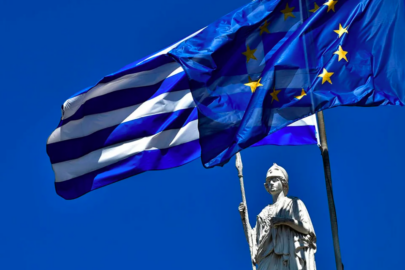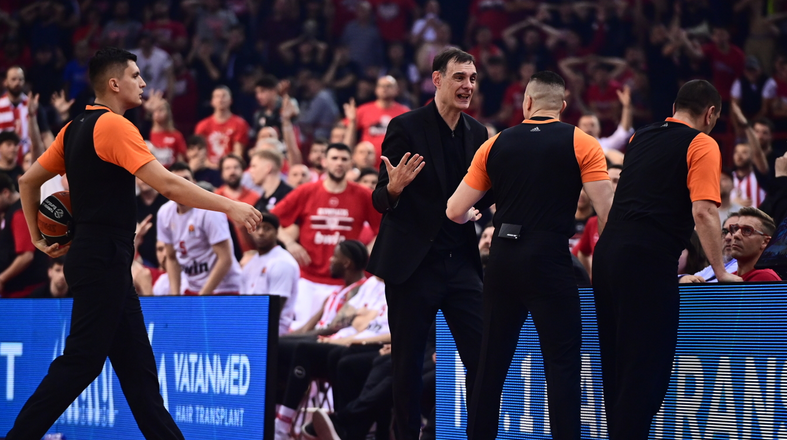After hours of haggling with many frowns and few smiles, a Tweet by Finnish Finance Minister Alexander Stubb stated that the meetings will continue on Sunday morning after long and tedious talks. The group broke up without a joint statement as participants went home to rest for the night before scheduling to resume talks at noon on Sunday, ahead of the 5 p.m. European council to be attended by European leaders.
Eurogroup Chief Jeroen Dijsselbloem told journalists there would be an adjournment. He said that trust was a major issue in discussions, adding that negotiations were “extremely difficult” but there is progress. His statement:
We have adjourned our meeting and will continue tomorrow at 11.00 am. We had an in-depth discussion on Greek proposals. The issue of credibility and trust was discussed and also, of course, the financial issues involved. But we have not concluded our discussion and we will continue at 11.00 am.
It is still very difficult, but work is still in progress.
On his part, EU Commissioner Pierre Moscovici said that there is still hope for Greece, but he didn’t sound too hopeful. On his part, French Finance Minister Michel Sapin responded to journalists who asked him if he was still optimistic. “Always!” he said.
Greek Finance Minister Euclid Tsakalotos, along with most of his EU counterparts, departed from the marathon meeting without making a statement, possibly because they had nothing encouraging to say.
Upon arriving, Eurozone finance ministers pointed to a lack of trust concerning Greece following the July 5 referendum when Prime Minister Alexis Tsipras received a popular mandate to bargain against austerity despite having been elected to end it once and for all. Following the referendum, he offered creditors a harsh plan of austerity measures to be implemented by Greece in an unprecedented U-Turn.
Greece’s hungriest and poorest – most of which voted ‘no’ during the July 5 referendum – are now watching with incredulity as Greece’s creditors, led by Germany, who surprisingly had a bunch of it’s debts simply written off 75 years ago, leads the fray in rejecting a modest debt restructing for Greece. At the Eurogroup on Saturday, German Finance Minister Wolfgang Schaeuble pushed for proof that Greece will honor its arrangements, such as immediate labor reforms and fiscal monitoring (ie. return of Troika to Greece). As the meeting progressed, Finnish Finance Minister Alexander Stubb appeared to be the most obstinent, backed by Malta and Slovakia.
Despite refusing to back a third bailout program for Greece, Finnish Finance Minister Alex Stubb left Eurogroup stating that the group was “making good progress”.
The press conference planned following Eurogroup did not take place.





































